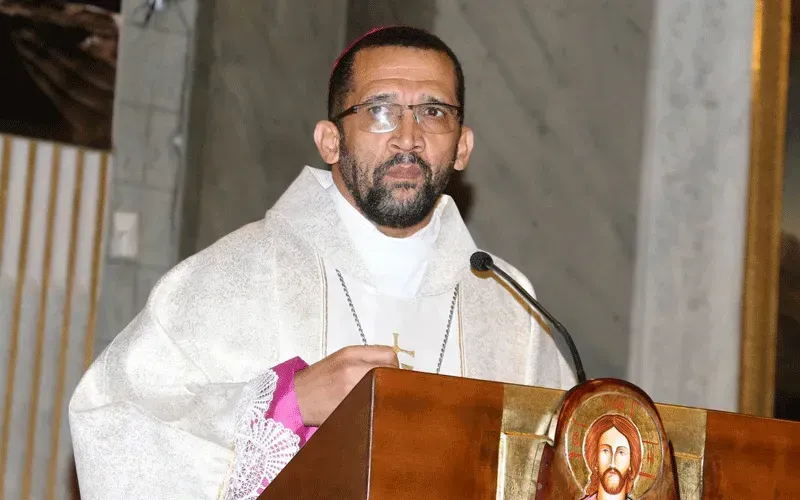Mthatha, 04 July, 2022 / 9:12 pm (ACI Africa).
A Catholic Bishop in South Africa has lamented rotating outage in the country, a situation that is characterized with the halting of electricity supply for non-overlapping periods of time over different parts of the Southern African nation.
In his July 2022 Pastoral Letter addressed to the people of God under his pastoral care, Bishop Sithembele Anton Sipuka blames the electricity challenge on the leadership of the Electricity Supply Commission in South Africa (ESKOM) and supports calls for their resignation.
“It does not cut it for leaders to cite problems and challenges for lack of electricity without fixing the problem,” Bishop Sipuka says in his latest Pastoral Letter circulated on July 2.
The Local Ordinary of South Africa’s Mthatha Diocese adds in reference to those at the helm of ESKOM, “It is unreasonable for them to expect us to understand because they are paid to ensure that the electricity supply continues in such a way that societal operations depending on electricity are not severely hampered.”
“Analysts say that practically speaking, stage 6 load-shedding translates into 6 hours of power cuts, which translates into 6 hours of production loss,” Bishop Sipuka says, and adds, “The call for non-performing leaders in the form of Ministers, MECs, directors, CEOs, Mayors, and managers to step down makes sense.”








